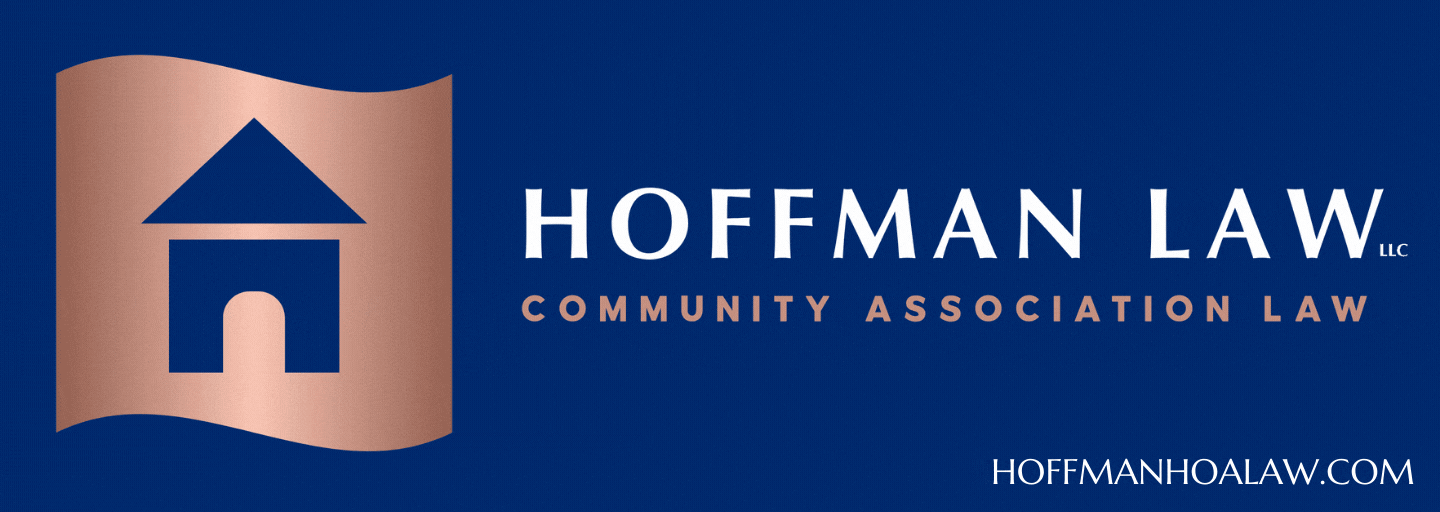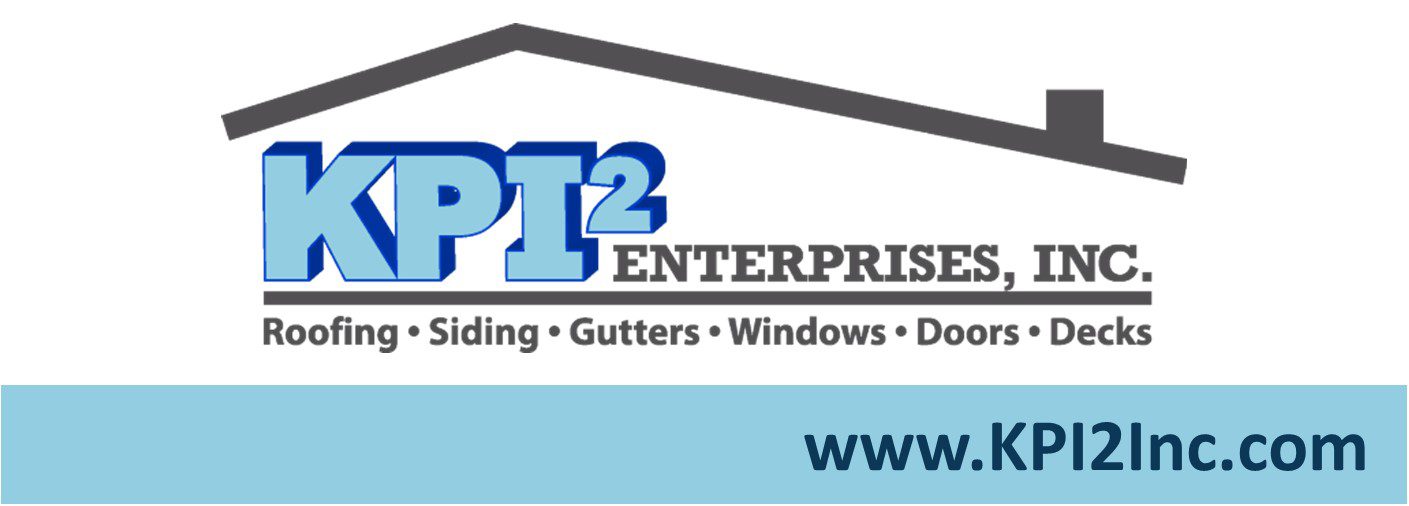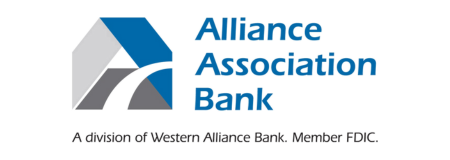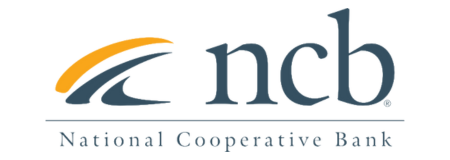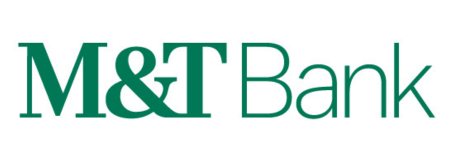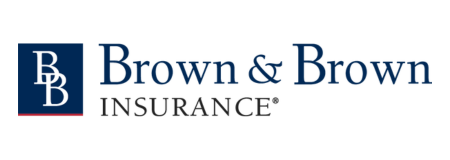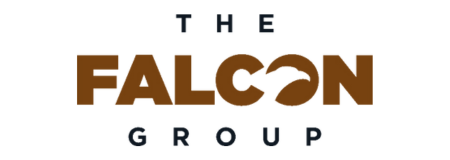CAI has been monitoring legislation (Bill 220299) in the City of Philadelphia that would require the installation of fire sprinkler systems in all existing high-rise condominium, cooperative and apartment buildings (buildings higher than 75 feet), costing unit owners and renters between $20,000 to $50,000 per unit. Beyond the impact on both market-rate rental housing and individually owned condominiums, this bill could devastate affordable housing in the city due to the astronomical cost of compliance.
The bill, sponsored by Philadelphia Council Members Mark Squilla and Katherine Gilmore Richardson, was scheduled for a vote on November 29, 2022, but through our hard work, we were able to get a temporary delay. This gives us a narrow window of opportunity to reach out to the Philadelphia City Council and urge them NOT to pass this new mandate.
The following FAQ was prepared by the Pennsylvania Apartment Association (PAA) to help you get the word out:
What was the impetus of the bill?
From our initial research, there has been no increase in fires in apartment and condominium buildings targeted by the bill. As such, this extremely costly mandate is unwarranted. The bill was posted without researching how it would impact condo owners and apartment residents, and without examining any fire data in high-rise buildings. A cost analysis or economic impact study was not provided by the City of Philadelphia.
What types of buildings are impacted by this bill?
If passed, this legislation would require the retrofit installation of automatic sprinkler systems throughout high-rise buildings (75+ feet), primarily impacting condominium residents and apartment buildings across the City of Philadelphia.
If passed in Philadelphia, this would have ripple effects throughout Pennsylvania and across the country as other municipalities including Plymouth Township (where PAA was successful in rescinding the bill), Norristown, and other municipalities are keeping a close eye.
What are the costs associated with the bill?
If passed, the bill will cost targeted apartment building and condominium owners between $20,000 and $50,000 per unit to retrofit their buildings. This cost does not include the cost to relocate owners or tenants, unforeseen logistical issues, and supply chain challenges. In addition, there is significant risk disturbing encapsulated lead and asbestos as part of the retrofit process, which could significantly increase those costs.
What is the status of the bill now?
This bill is scheduled for a hearing as soon as City Council returns from the winter holiday recess, and could be heard as early as mid-January. Through a series of meetings with the bill sponsors, they committed to hold the bill until 2023, but time is of the essence to organize and fight this legislation.
What will this mean to apartment renters and condominium owners?
The cost of complying with this new mandate will have to be passed onto renters through increased rents and will be directly imposed on condominium owners through significant special assessments. This costly mandate comes at a time when Philadelphia and its residents are struggling to recover from the global pandemic and are facing historically high inflation.
How will this bill impact affordable housing in Philadelphia?
While the bill will negatively impact market-rate rental housing and individually owned condominiums, this bill could severely affect the city’s existing affordable housing operators (including housing authority properties), which operate on razor-thin margins. Securing the funding necessary to comply with this new mandate will be difficult, if not impossible, given the immense cost. Ultimately, the bill would significantly impact housing affordability, and in turn, price residents and building owners out of the City of Philadelphia.
What is the total economic impact of this bill?
The Pennsylvania Apartment Association has engaged the highly reputable economic forecasting firm, Econsult Solutions, to calculate the total economic implications of this bill. A similar mandate (which was a statewide mandate) that was rejected in New Jersey 15 years ago was estimated to cost over $1 billion at that time.
What is the overall message against this bill?
This extremely costly and burdensome mandate will negatively impact apartment owners and their tenants, condominium owners, and affordable housing providers. If housing affordability is a goal of the city, this bill moves in the wrong direction. Rents will increase for tenants, significant assessments will be imposed on condominium owners, and the bill has the potential to severely impact affordable housing.
According to a 2016 report by the National Fire Protection Association, data shows that our buildings are safe, most high-rise building fires begin on floors no higher than the sixth story, and fires in high-rise buildings are less likely to spread beyond the room and floor of origin, compared to fires in shorter buildings. This is due to many older high-rise buildings being originally constructed of concrete, brick, and stone and steel, along with firewalls that prevent the rapid spread of any fire to other units or floors.
Simply put, do NOT pass this bill.
What can you do to help?
We need your help to educate City Council members and residents of Philadelphia. Email or call the council members. Tell them NOT to pass this bill. We have provided you with sample letters, but feel free to write your own. Please reach out to the council members now!
We are currently building coalitions and committees in an effort to defeat the bill. The PAA is developing additional communications strategies and a toolkit to help you and others communicate with the city and other local apartment/condo owners. Stay tuned, but in the meantime, please reach out to the council members via email or telephone and tell them NOT to pass this bill.
Sign the Letter to City Council
Click below to digitally sign a letter of opposition which CAI will deliver to City Council prior to the hearing. Condo and Co-op Managers – please share this with your unit owners and ask them to sign the letter below.
We will be reaching out to you again in early January to ask you to directly contact your member of City Council and urge them to oppose this legislation.
Disclaimer: By signing the form letter to City Council below, you acknowledge that your name and address will be shared with Philadelphia City Council. CAI will not share your phone number or email address with City Council. However, CAI will use your email address and mobile phone to communicate with you further regarding this legislative issue.
This form is currently closed.






